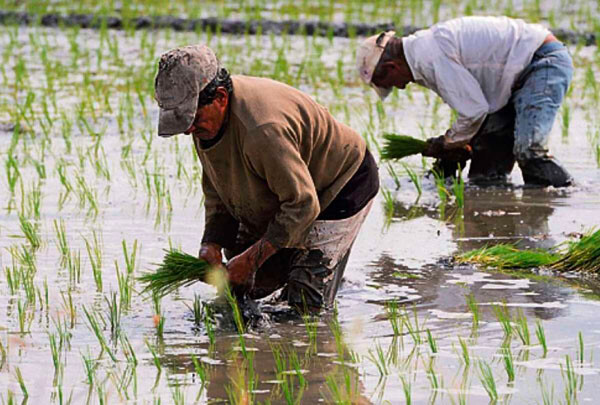
Havana, Cuba – For Cubans, putting rice on the table has become a daily struggle that few can overcome, especially in recent times. Erratic rationing and soaring prices on the black market have made this staple food increasingly inaccessible to many families.
Rice was introduced to Cuba by Spanish colonizers and quickly became a dietary staple. Its cultivation thrived in the island's soil, but the rise of the more profitable sugar industry in the early 20th century led to a decline in rice production. Despite government efforts to boost domestic rice cultivation, Cuba has struggled to achieve self-sufficiency.
A History of Challenges
Throughout the 20th century, Cuba's rice production has been subject to numerous challenges, including:
Economic policies: Shifts in government priorities and economic policies have often favored other crops over rice.
Technological limitations: Lack of modern agricultural equipment and techniques has hindered productivity.
Natural disasters: Hurricanes and droughts have periodically damaged rice crops.
Political instability: Political upheavals and economic sanctions have disrupted agricultural production.
The Cuban Revolution and Beyond
Following the Cuban Revolution, the government prioritized rice production, but various factors, including the U.S. embargo and economic mismanagement, hindered progress. Despite numerous attempts to boost domestic production, Cuba has remained heavily reliant on rice imports.
In recent years, the Cuban government has renewed efforts to increase rice production through partnerships with countries like Vietnam. However, challenges such as a lack of investment, aging infrastructure, and the impact of climate change continue to pose significant obstacles.
The Human Cost
The ongoing rice shortage has had a profound impact on the lives of ordinary Cubans. Many families are struggling to afford this essential food, and malnutrition rates have risen as a result. The crisis has also highlighted the vulnerability of Cuba's food supply system and the need for long-term solutions.
As Cuba grapples with its economic challenges, the future of rice production remains uncertain. The country's ability to achieve self-sufficiency in rice will depend on a combination of factors, including government policies, international cooperation, and the resilience of Cuban farmers.
[Copyright (c) Global Economic Times. All Rights Reserved.]






























